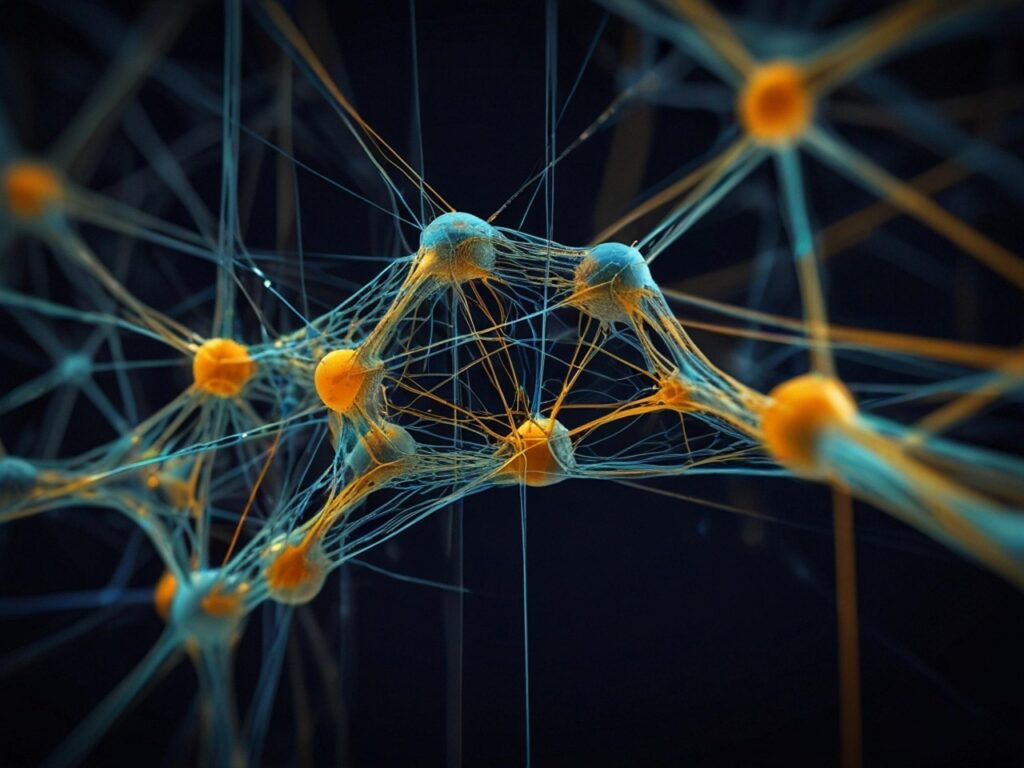I’m still at the Qualcomm press and analyst event this week. Let me tell you, doing this in Hawaii has been great, I wish everyone did their events here. One of the more interesting keynotes came on the last day and it focused on AI (artificial intelligence) everyplace. This is a future that is coming surprisingly fast and most of us don’t have any concept of what is coming. Granted, I have a slight concern about eventually having a device that is smarter than I am—and, given our security concerns, there are risks—but, generally, having a device that better anticipates, helps, and guides you should not only be extremely compelling, but it could improve or even save our lives.
Let’s go through some of the examples.
Knowing Who to Call
This kind of bugs me—and it may bug you—but when you ask your phone to call someone and you have multiple people with the same name, you often must verbally wade through all the names to call the person you want. Folks with common names are particularly annoying—do you have any idea how many “Bobs” there are? But, generally, we just call one of these people regularly. An AI should be able to determine based on who you call, where you are, and the context of the event, which “Bob” you want to talk to just like a good secretary or executive assistant once did—allowing you to get to the person you want to talk to more quickly without all the aggravation.
Navigation
We are rolling out Augmented Reality headsets and heads up displays. Some of these things are slated to find their way into goggles used for motorcycle riding or on your car’s windshield. Looking at skiing or off-road riding. When weather comes in you can often lose the trail to water or snow, or simply be unable to see much in front of your face. An AI can not only keep you on the right path but recognize threats like potential floods, areas where there are cliffs, or where an avalanche is likely and guide you around the danger visually and get you home safely. Or, in a car, guiding you around and away from areas where you might get carjacked or, robbed, or get stuck. In some areas the weather that creates the problem—like a localized flood—could be miles away, and there have been many people killed trying to ford a wash not realizing it is either deeper than it looks or that there is a wall of water heading to it from a remote weather event. The AI could showcase an alternative, safer path, and help prevent you from making a mistake that could kill you or your kids.
Medical
This was another example that could save your life. You have pain in your chest, your speech is slurred, you are worried you are having a heart attack or stroke. Not only could this future AI better diagnose your condition, someone with AR (augmented reality) glasses could be walked though not only the diagnosis but the things that need to be done immediately to protect your brain, heart, and life. Much of the problem for getting immediate help is not that people don’t want to help, they aren’t trained, or they aren’t confident enough in their training to step in. An AI—either tied through AR glasses or though your smartphone—could close that gap and keep you, your kids, or spouse alive and reduce the chance dramatically of catastrophic, permanent damage.
Dangers
Now all of this is fantastic but there are also many concerns that we need to think about as we are bringing this capability to market. Having smarter devices will increase our reliance on them much like a lot of us that got used to GPS now find it hard to navigate without it. As we drop into AI and begin to trust these systems to guide our lives the efforts to assure these systems aren’t hacked or otherwise compromised becomes far more important. Recall the initial Apple implementation of GPS was badly flawed—putting drivers at risk—and a problem with one of Google’s navigation products got a family killed. Unlike people—where one person making a mistake has limited impact on a population—a compromised AI could put the millions that use it at immediate risk. This technology is coming regardless, but assuring it can’t be used against us (given the number of hostile state actors now) becomes a far more critical problem to solve first.
Wrapping Up
The near-term creation of AIs provides a compelling argument that, in our future, our devices will more aggressively act to help and protect us. Smartphones are already a major part of our lives and our relationship with them will become more interactive, cooperative, and symbiotic going forward. Assuring that, in a world of fake news, that these devices can’t be compromised so they do us harm becomes an ever more critical aspect of this roll out as we become more dependent on them.
- The HP OmniBook X Flip 2-in-1 16-Inch: Your New Digital Swiss Army Knife (Now in Glorious Atmospheric Blue) - June 25, 2025
- The Open AI Avalanche: Why AMD’s Collaborative Spirit Is Outmaneuvering NVIDIA’s Empire - June 22, 2025
- Lenovo Embraces OpenBMC: A Step Towards Greater Transparency and Control in the Data Center - June 17, 2025




Comments are closed.